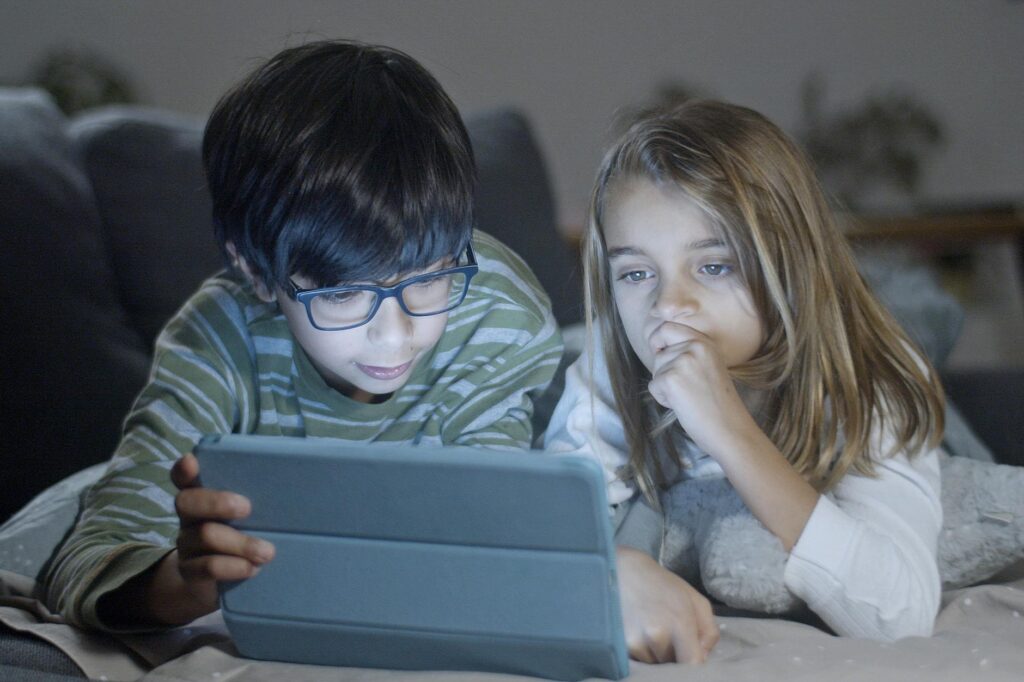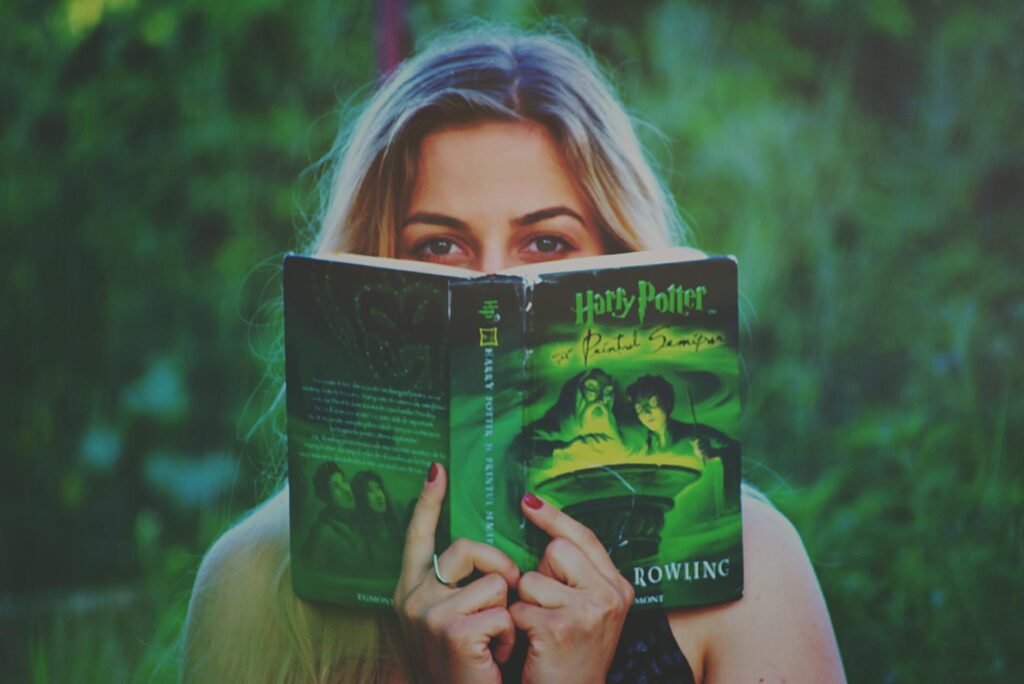Lately, I’ve heard my 3-year-old say “Boys don’t do that”. One day, dad was mad at him because he would not tidy up, so he came running to me. I was upstairs putting the laundry away and he ran over to tell me he was not happy with dad. When I enquired further as to why he wouldn’t tidy, he said ‘Boys don’t do that.’ Another time, we were going out to play and I asked him to zip up his jacket as I have been teaching him to do it on his own. He turns to me and says he can’t do it because “Boys don’t do that.’ When ‘they’ say kids say the darndest things, they were talking about my boy I guess. However, as cute and adorable as it is, it bewilders me as to where he picked up such an idea.
They say it takes a village to raise a child. But did you know in today’s world, this village is way more than the people we are referring to? While families, communities, and friends can play a big role in being part of our kids’ lives, there are far greater influences around them that unconsciously play into their minds and mold their attitudes, behaviors, and characters. Sometimes, it could just be watching a TV program, playing a game on the iPad, or even reading a book. I know that a lot of parents are very conscious and careful about what their children watch on TV today, or what books they read. But despite the caution we take, you’ll be surprised at how some of these harmless TV programs or even children’s books can introduce ideas to our kids that we least expect.
We have a book called ‘Giraffes can’t dance’. One of our favorite books. It is a very cute story of a Giraffe who finds his rhythm and groove in the least expected of places. But when Gerald (the giraffe) first dances, the animals sneer at him and they even refer to him as a fool. Not such a good word for your little toddler or preschooler to hear, is it?
Another favorite book of ours is ‘The No Picture Book’, very creatively written with no pictures and extremely fun to read until you get to a page where they use a name that could have been avoided. My kid thought it was funny and started to call us that name.
Now can I talk about PJ Masks? This is such a popular Disney program so I let my kids watch it a few times and they were hooked. But after I watched a few episodes with them, I realized it was not appropriate for my kids. There is unnecessary name-calling, and while the PJ Masks are kids who are superheroes, the villains are also kids who do bad things and keep coming back for more. My kids were playing rough at home chasing the little one saying he was Romeo(the villain). So I had to limit their play in relation to this game and now, we do not watch this in our home. (Please note that this is very specific to our beliefs and ideas of what is right for our kids, and based on how our little ones have interpreted and applied what they see. Everyone is entitled to make choices that may vary from others and that is okay.)
I am not here to talk about the effects of television because we are a family that allows our kids to watch TV. It is good entertainment, a relaxing time for kids, and a time for us parents to get some uninterrupted work time. We cannot control what they might pick up on TV, but what I do want to talk about is debunking stereotypes with our kids at an early age. The ones they pick up from who-knows-where so that they understand it is not applicable at all times. Whenever my 3 year old uses the phrase ‘Boys don’t do that, I have to explain why it is untrue and give him examples. Again, this may be playful for him to say, or he may actually believe the phrase he is using. Either way, pay attention to what your kids believe and break some of those stereotypes such as ‘ Only Moms do that’, ‘Dads can’t do that,’ or ‘Girls can or cannot do it,’ so that they can experience the world with open minds.



Very true about it taking a village to raise our kids! We have to be vigilant about making sure we surround our kids with positive role models and pay attention to the messages that our kids may be getting from TV shows, movies or books. And I’m a firm believer that kids need positive influences outside of the home to speak truth to them and to encourage and support them.